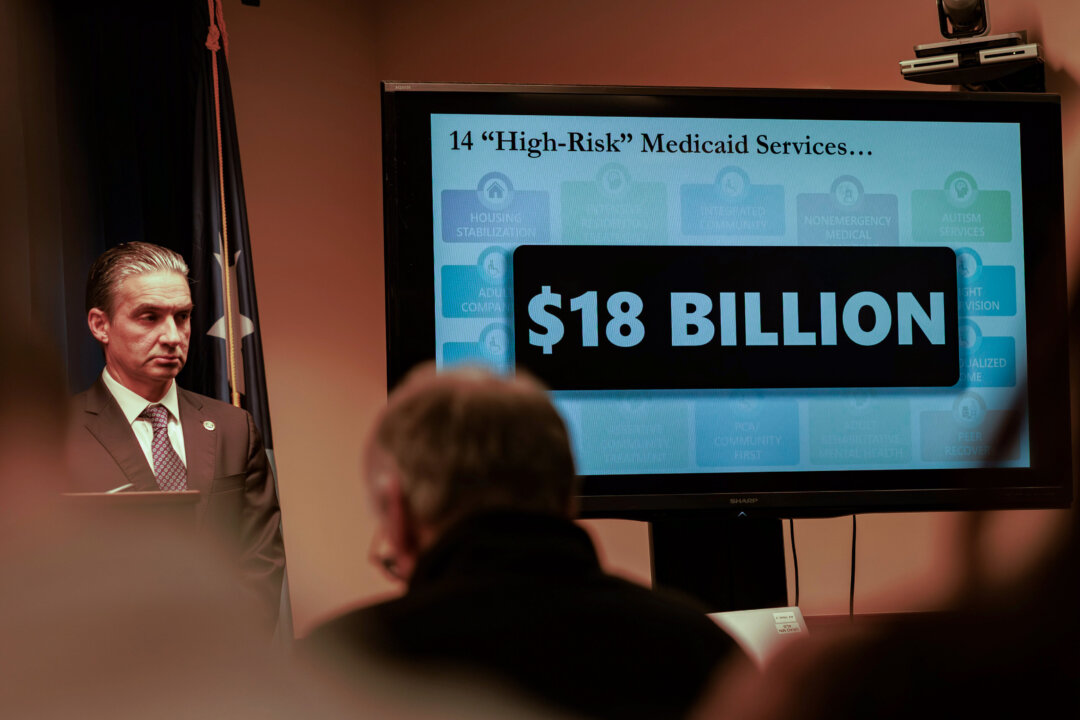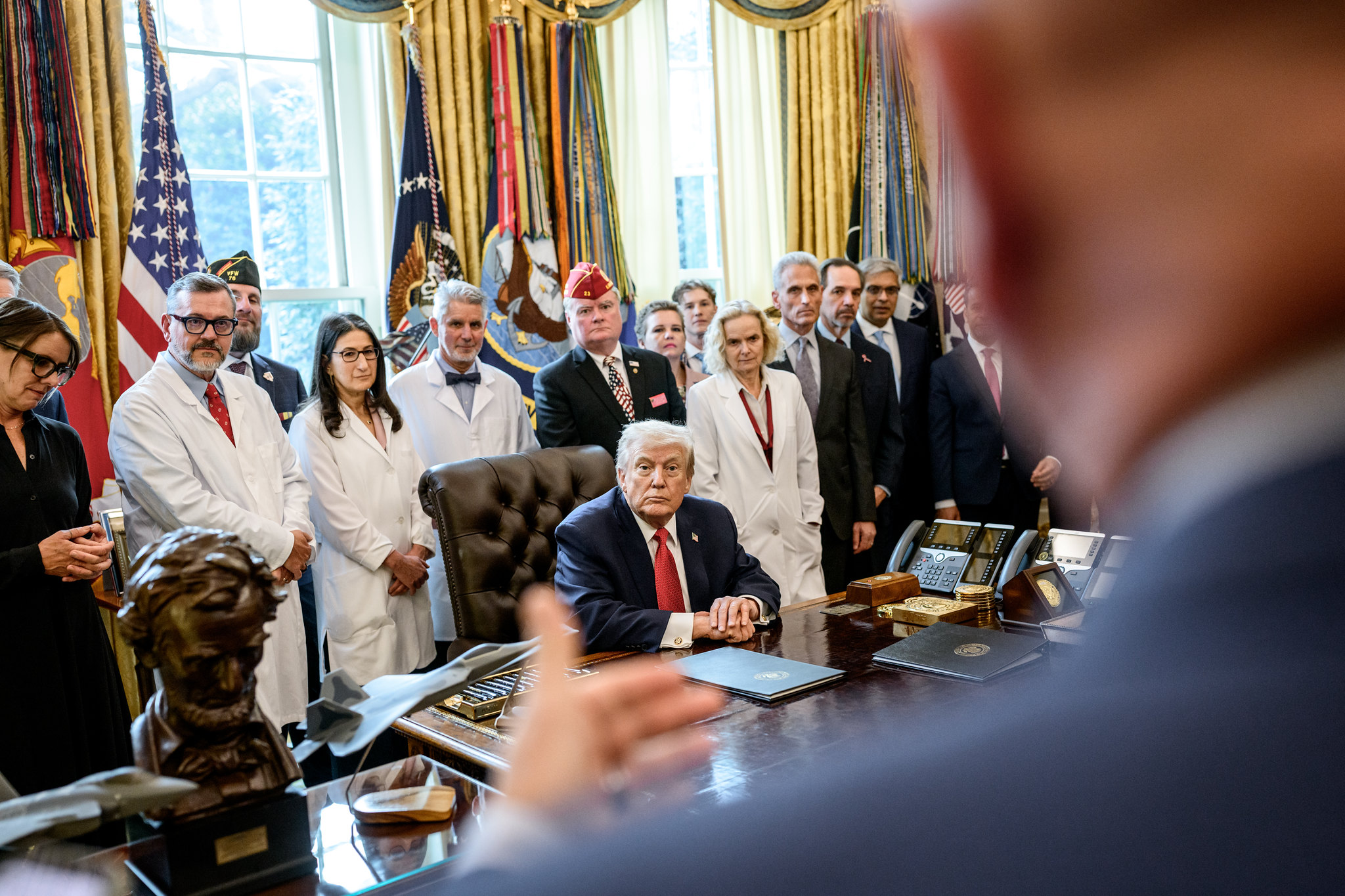Private equity drains resources from U.S. hospitals: Report
The article reports on a new study revealing that private equity (PE) ownership of U.S.hospitals negatively impacts patient care and depletes community resources. Peter Pitts, former FDA Associate Commissioner and president of the Center for Medicine in the Public Interest, authored the report titled “Barbarians at the Hospital Gates: Private Equity and its Impact on Patient Care.” The report highlights that over the past 20 years, PE firms have heavily invested-over $1 trillion-in healthcare, owning or operating 20% of for-profit hospitals. It finds that PE acquisitions lead to aggressive cost-cutting aimed at short-term profits, resulting in hospitals losing notable assets, such as real estate and equipment, averaging a $28 million loss per hospital within two years post-takeover.
The study cites examples like Steward healthcare in Massachusetts, which declared bankruptcy despite receiving state emergency funds, while the PE firm Apollo Global Management profited substantially. Research also shows a rise in patient complications, infections, and mortality rates after hospitals are bought by PE firms, along with declines in patient satisfaction and hospital ratings. One study indicated a 42% higher 30-day mortality rate for emergency surgeries at PE-owned hospitals compared to others.
Pitts warns that the PE approach prioritizes financial returns over patient welfare and calls for stronger regulatory oversight and alignment of financial and clinical goals to ensure hospitals serve as essential care providers rather than profit centers. He concludes, “When it comes to advancing quality hospital care – greed is not always good.”
Private equity drains resources from U.S. hospitals: Report
(The Center Square) – Private equity ownership of hospitals across the United States leads to declining patient care and drained community resources, a new report warns.
Peter Pitts, former Associate FDA Commissioner and president of the Center for Medicine in the Public Interest, released “Barbarians at the Hospital Gates: Private Equity and its Impact on Patient Care” this month.
“Over the past two decades, private equity (PE) has come to play an increasingly influential role in the operations and management of hospitals across the United States,” the report said. “Recent reports found that PE has invested over $1 trillion into the American healthcare sector, with 20% of all for-profit hospitals owned or operated by PE firms. Disconcertingly, studies show patient experience worsens after a hospital is acquired by PE, as such acquisitions create incentives to pursue short-term returns through aggressive cost-cutting.”
Private equity firms routinely strip hospitals of assets, according to the report.
“Nationwide, in the two years after a private equity takeover, hospitals lost on average nearly one-quarter of their real estate, buildings, and equipment. That’s equivalent to a $28 million loss per hospital,” Pitts wrote.
Examples include Massachusetts, where the state provided Steward Healthcare $72 million in emergency funding after the group declared bankruptcy. Apollo Global Management, the private equity firm behind Steward, walked away with about $325 million.
The report cites studies showing a rise in adverse patient outcomes after private equity takeovers.
A Journal of the American Medical Association study found a “25% increase in hospital-acquired complications (HACs), including a 38% rise in central-line bloodstream infections, a doubling of surgical-site infections, and a 27% increase in falls, despite fewer central lines being placed,” the report said.
Patient satisfaction also declines.
A 2025 cohort study analyzing Hospital Consumer Assessment of Healthcare Providers and Systems data showed “declines in overall hospital ratings (−2.4 percentage points) and willingness to recommend (−2.1 points) in PE-acquired hospitals relative to matched controls. These differences grew over time, with a −5.2 and −4.4 drop by year three post-acquisition, respectively.”
The report also noted a Health Affairs study showing that “Medicare beneficiaries undergoing emergency surgeries at PE-owned hospitals had a 42% higher 30-day mortality, rising from 6.4% to 9.1%, compared to similar procedures at non–PE hospitals.”
REPUBLICANS BOOST DEMOCRATS’ DEMANDS TO EXTEND OBAMACARE SUBSIDIES
Pitts concludes that private equity’s short-term financial model undermines care.
“Safeguarding patient welfare requires regulatory vigilance, transparency, and alignment of financial and clinical goals – so that hospitals remain vital lifelines, not merely profit-generating assets,” he said. “When it comes to advancing quality hospital care – greed is not always good.”
" Conservative News Daily does not always share or support the views and opinions expressed here; they are just those of the writer."




